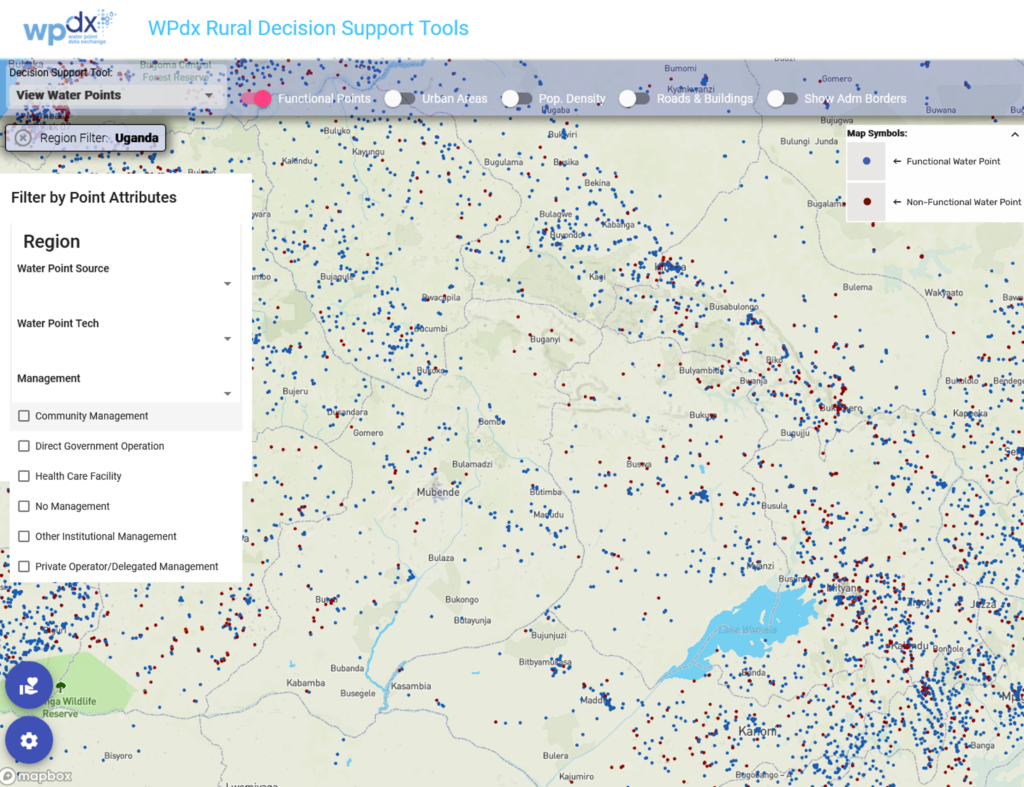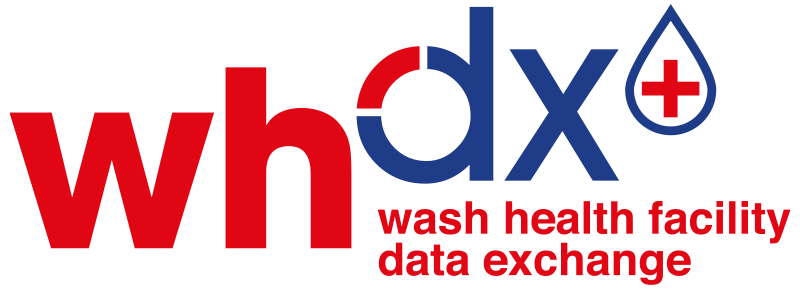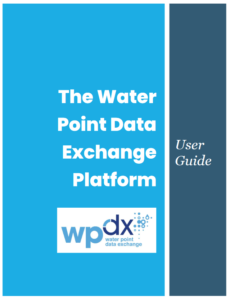Governance is recognized as a key aspect of sustainable rural water services. The USAID Governance Research on Rural Water Systems (GROWS) activity was designed to identify and disseminate innovative governance and private sector-derived models and tools to improve water services to help accelerate eliminating extreme poverty in sub-Saharan Africa. GROWS was targeted to USAID Democracy, Human Rights and Governance (DRG) Officers at Missions across Africa to support increase cross-sectoral programing, leading to the enhancement of the delivery of rural water services. The final product of GROWS is a comprehensive toolkit which includes key research findings and program design support for USAID.
A key finding from GROWS was that the effective sharing of data at the community scale had the potential to improve the governance of local drinking water systems, due to greater levels of transparency, accountability and increased the trust between water users and providers. An extension of this finding is that sharing data from individual community water systems can strengthen district and/or regional governance by providing a comprehensive understanding of what is and is not working at different geographic scales.
The Water Point Data Exchange (WPdx) provides a free and open user-friendly platform for data sharing, access, and use, with the ultimate goal of supporting evidence-based decision-making. Through GROWS, WPdx added specific governance-oriented parameters and features to the WPdx+ dataset and decision-support tools app. This includes the integration of new governance-oriented datasets into our status prediction models. These datasets include:
- Armed Conflict Location and Event Database (ACLED) – average number of recorded conflict events over the past 10 years within 10km of a given water point.
- Meta (Facebook) High Resolution Population Density Maps and Demographic Estimates – population data per 30m grid cell and demographic data including number of men, women, children, youth, elderly and women of reproductive age.
- Meta (Facebook) Relative Wealth Index – predicts the relative standard of living within countries using de-identified connectivity data, satellite imagery and other nontraditional data sources. The data is provided for 93 low and middle-income countries at 2.4km resolution.
Additionally, WPdx conducted increased data cleaning on the #management parameter to created standardized categories for management including: community based management, direct government operations, private/delegated management, health care facility management, school management, religious institution management, other institutional management, no management and unknown. Users can filter to view the results from the WPdx decision support tools by management type by selecting “Filter By Attribute” from the menu, as shown below:

The comprehensive WPdx user guide, which provides additional details about the platform is available here.

